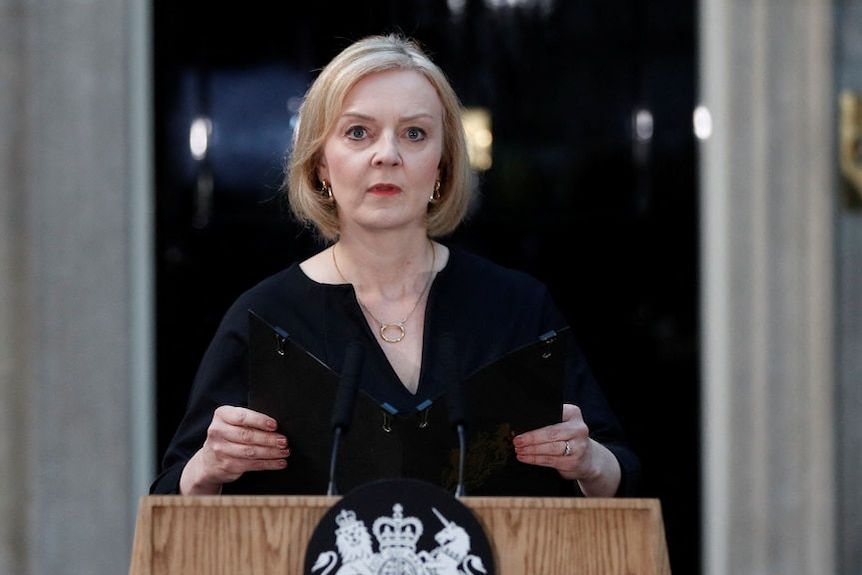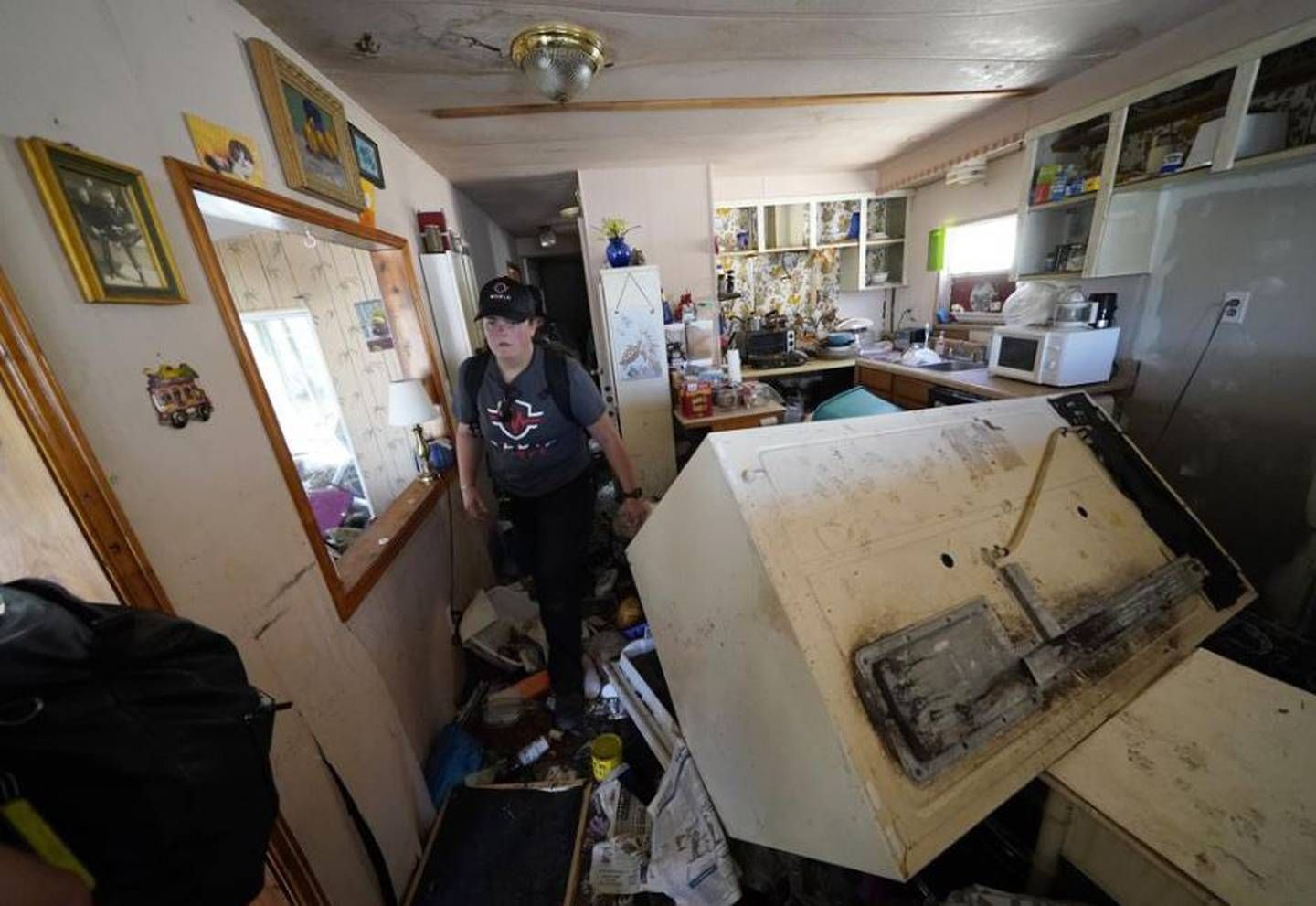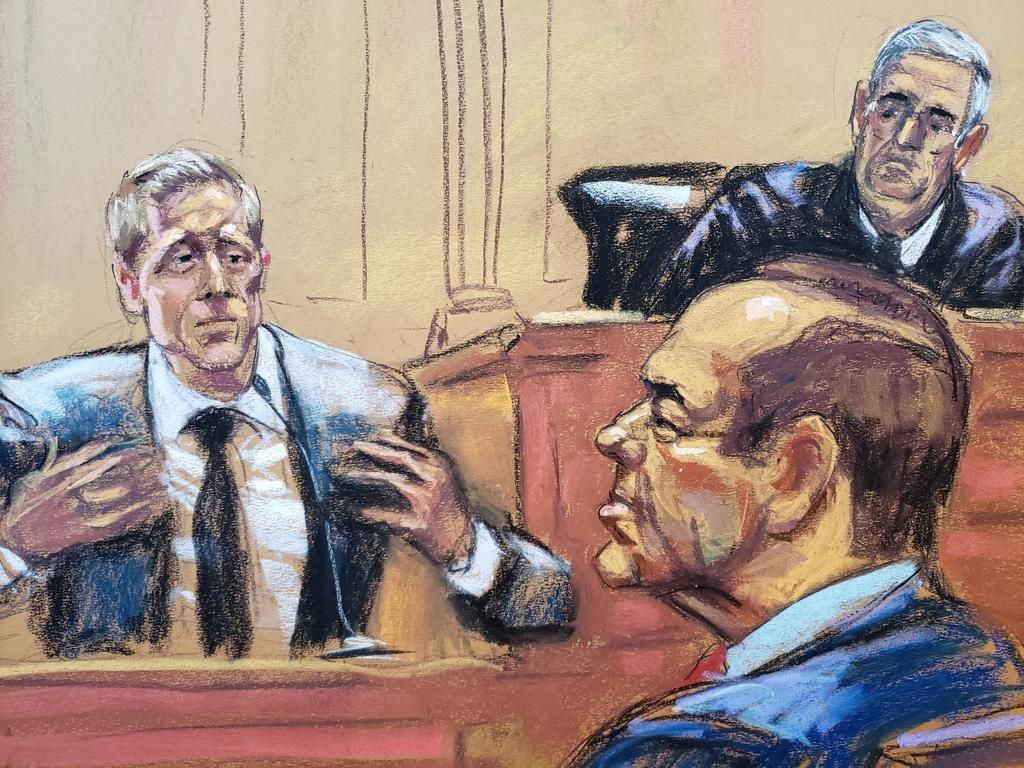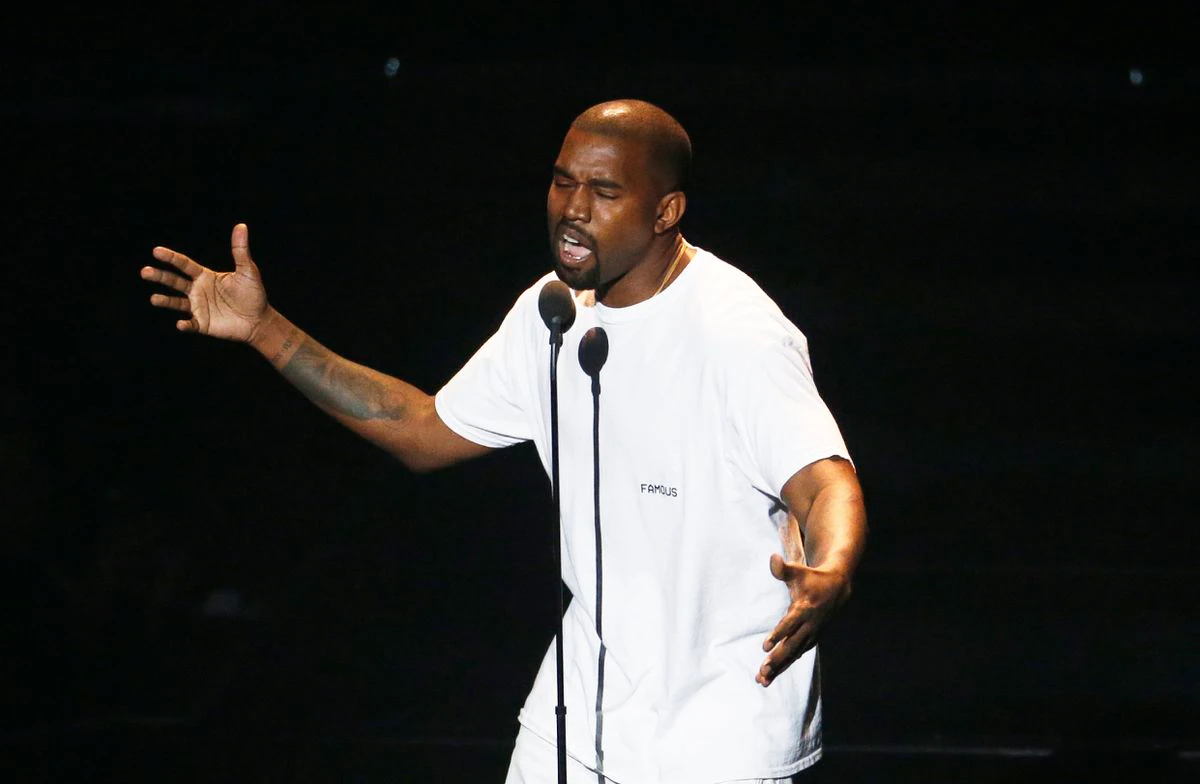British Prime Minister Liz Truss stated that she should have done more to "lay the ground" for her recent mini-budget, which caused the pound to plummet to record lows and government borrowing costs to skyrocket.
On the first day of her governing Conservative Party's annual conference, Ms. Truss, who has been in office for less than a month, attempted to reassure the people that she would watch out for them over a harsh winter and beyond.
However, she stood by her "growth plan" which investors and economists have criticized for proposing billions of pounds in increased spending while providing little details about how it would be paid for in the near future.
She stated on BBC's Sunday with Laura Kuenssberg, "I understand their worries about what has happened this week,"
"I stand by the package we announced, and I stand by the fact that we announced it quickly because we had to act," she added. "However, I acknowledge that we should have laid a stronger foundation."
According to the Prime Minister, her cabinet of top ministers was not told in advance of the government's decision to eliminate the maximum tax rate, which was made by finance minister Kwasi Kwarteng.
"No, we didn't, this was a decision that the chancellor made," Ms. Truss told the BBC in response to a question about whether her entire cabinet was informed of the decision.
When budgets are developed, they are done so in strict confidence.
Opposition, public aghast at tax proposals
The markets plummeted in response to the package, and the Bank of England undertook an emergency intervention to save pension funds, which set the tone for a challenging four-day meeting in Birmingham.
Michael Gove, a senior member of the Conservative Party, spoke on the BBC immediately after Ms. Truss and described the plans as "profoundly" stating that "a course correction" would be necessary.
Prior to Sunday, Ms. Truss broke her quiet with a series of broadcast interviews with regional BBC stations on Thursday, during which her awkward pauses garnered almost as many headlines as her defense of the plan.
She followed up with additional interviews and a newspaper article on Friday, in which she vowed to continue with the policies but "an iron grip" on the public budget.
"Of course, we need to bring down borrowing as a proportion of GDP over the medium term, and I have a plan to do that," the embattled leader stated again on Sunday.
The live TV interview was her first in front of a national UK audience since Mr. Kwarteng revealed the controversial proposals on September 23, and it follows a slew of polls indicating a precipitous decline for her party.
According to a survey conducted by YouGov on Friday, 51% of British citizens believe that Ms. Truss should retire, while 54% want Mr. Kwarteng to leave office.


/US-Treasury-Market.jpg)
/Northeastern-US-Energy-Crisis.jpg)
/Uniper-Gas-Group-Germany.webp)


/Svante-Paabo-Nobel-Prize.jpg)




